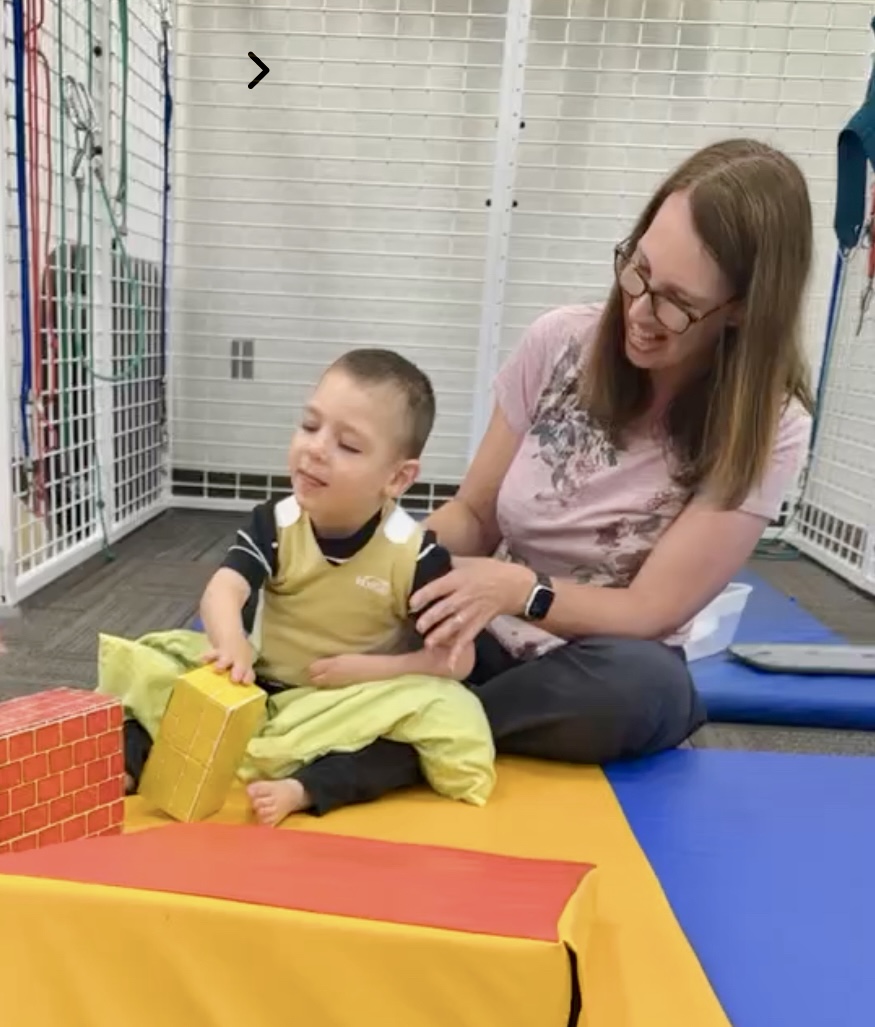I am writing this series on NDT in response to a few different interactions I have had with parents and a couple of physical therapists who are teaching physical therapy students.
A physical therapy instructor (NOT a therapist with experience working with adults or children with neurological disorders) asked me why I pursued my NDT certification? He wasn’t just being inquisitive, but his tone was expressing “why in the world would I pursue that?”
His impressive of NDT was reflex integration and an outdated methodology that didn’t mesh with current dynamic systems theory. I did my best to give him an elevator speech of what current NDT is, but this conversation made me realize that my pediatric physical therapy education that was rooted in NDT philosophy and analysis was not necessarily the norm for physical therapists outside of pediatric of neurologic PT.
Many months later I had a discussion with a mother of a child with special needs on alternative therapies vs. physical therapy and whether physical therapy “treats” the brain vs. focusing on stretching and strengthening of muscles. I can’t speak for all physical therapists, but I can speak for therapists who treat with the NDT approach. I wish I knew what the numbers are, and I wonder whether NDT is de-emphasized currently in PT programs with the evidence-based focus, but NDT is a popular approach to treatment of children with neurologic disorders for physical therapists, occupational therapists and speech-language pathologists. Parents need to know that they don’t need to rely on alternative approaches to “treat the brain.” Many approaches that physical therapists use, including NDT, are directed at the central nervous system to improve movement abilities. This is not to disregard other approaches, but it is important for parents to know about the various approaches that we, as physical therapists, use in working with children with neurological diagnoses.
To follow is a series of articles describing the neuro-developmental treatment approach today.






 Part 2: What Is the Neuro-Developmental Treatment (NDT) Approach?
Part 2: What Is the Neuro-Developmental Treatment (NDT) Approach? 
Not an easy topic to explain, Joni – good for you for taking it on!
I probably confused more than not with my attempt:
http://www.therextras.com/therextras/2008/07/ndt.html
Not an easy topic to explain, Joni – good for you for taking it on!
I probably confused more than not with my attempt:
http://www.therextras.com/therextras/2008/07/ndt.html